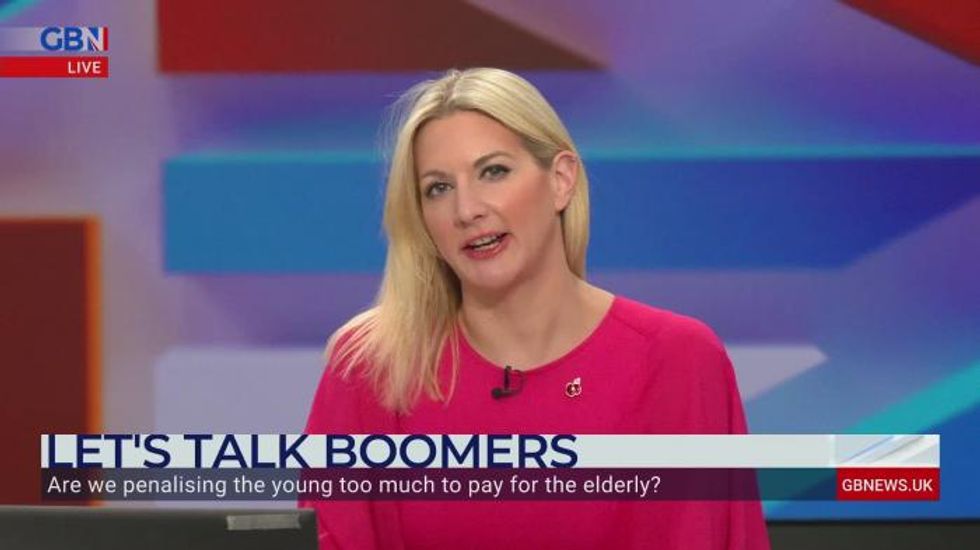Don't Miss
Most Read
Trending on GB News
The post war generation born in an era where an appetite for life following two global conflicts saw a burst in both home making, and opportunity. Children of the Greatest Generation became parents of Millennials, and a demographic often coming under fire in the West for being the architects of many modern day problems, from consumerism to the global financial crisis, wealth gaps and outdated ideologies and of course, by those on the other side of the fence, accused of being the cause of Brexit.
It’s also the generation living longer than ever before and as a result, demanding ballooning funds for their elderly care while being home owners, with a fifth of them in houses worth a million pounds. For a long time this generation has also been the focus of politicians mindful of the might of the grey vote, with promises, perhaps soon to be ditched, for triple locks on pensions, free bus passes, winter fuel credits and free tv licenses (another privilege about to be binned).
So is the dumping of pensioner perks fully justified while those scraping by on minimum wage will be taxed to stop retired oldies from having to sell their leafy homesteads to afford dignity in their older age, paid for by someone else’s kid - perhaps unable to get on the housing ladder?
Nothing is ever that simple.
But is there a generational wealth gap or just an ever-broadening gulf between the haves and have nots, and how do we manage an aging population propped up by a squeezed middle?
Surely after having paid in to the system for most of their lives, without the luxury of working from home and the mod cons of 21st century life, having funded kids through university at escalating costs, having seen their retirement age continuously creep up before finally reaching the point at which they can down tools and buy a caravan, it’s only right they get what they were promised? Or do we need a rethink?
Boomers have ten times more wealth than their successors- a gap four times bigger than previous generations. In the UK people in their 30s have lower incomes than those born a decade before - something that hasn’t happened since the 1930s.
The trajectory of exceptional growth after World War Two brought rising prosperity but this pattern started to diverge in the 1970s, and even more markedly so at the turn of the century. Come 2008, the global financial crash led to wage stagnation at exactly the moment salaries for those hitting their 20s normally rapidly rise. Two assets - pensions and homes - became extremely hard to obtain in a lending world broken by the excesses of previous decades, leaving a future doomsday for a generation without security, simultaneously expected to pay to protect exactly those assets of their seniors.
In fact the over-60s are the only age group to become better off since the crash. Meanwhile changes to welfare policy have exacerbated the divide. Working age and child benefits have fallen while pensioners’ benefits persisted and even grew. To add insult to injury, the pandemic then exposed what can feel like massive inequality even further, with young people in insecure employment, shared and cramped accommodation and dependent on freedoms governing their social lives were forced to lose livelihoods, lifestyles and be locked up in pokey apartments to protect their elders, despite facing an almost immeasurably low risk themselves.
Yet the same kidults will likely benefit from bequeathments, flew the nest later, remained dependent on the bank of mum and dad and were purportedly mollycoddled more than any generation before and have access to a rapidly advancing world of innovations their parents can easily feel excluded from.
Today, we need to talk about Boomers











